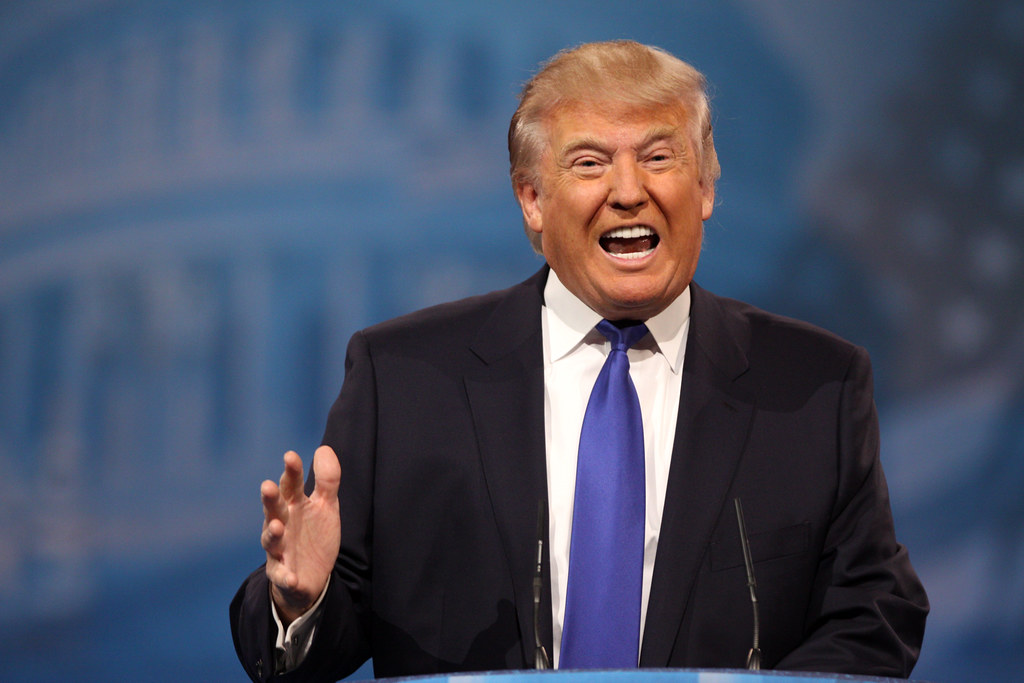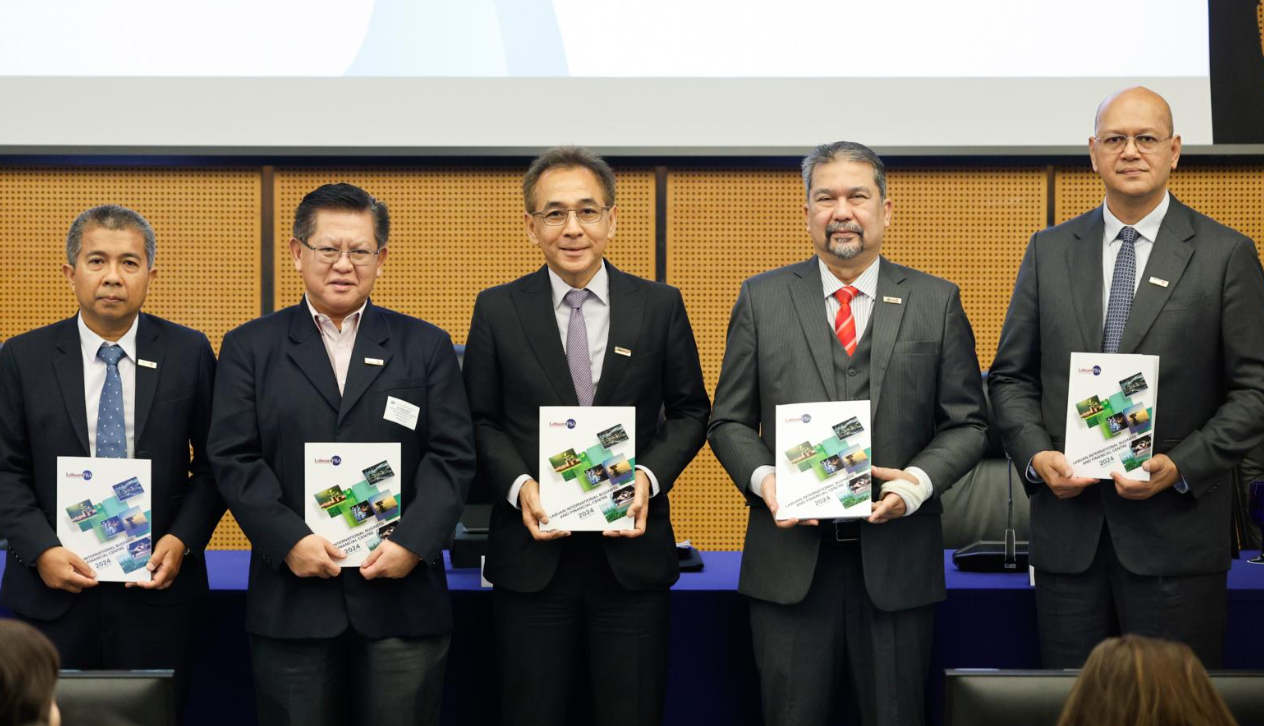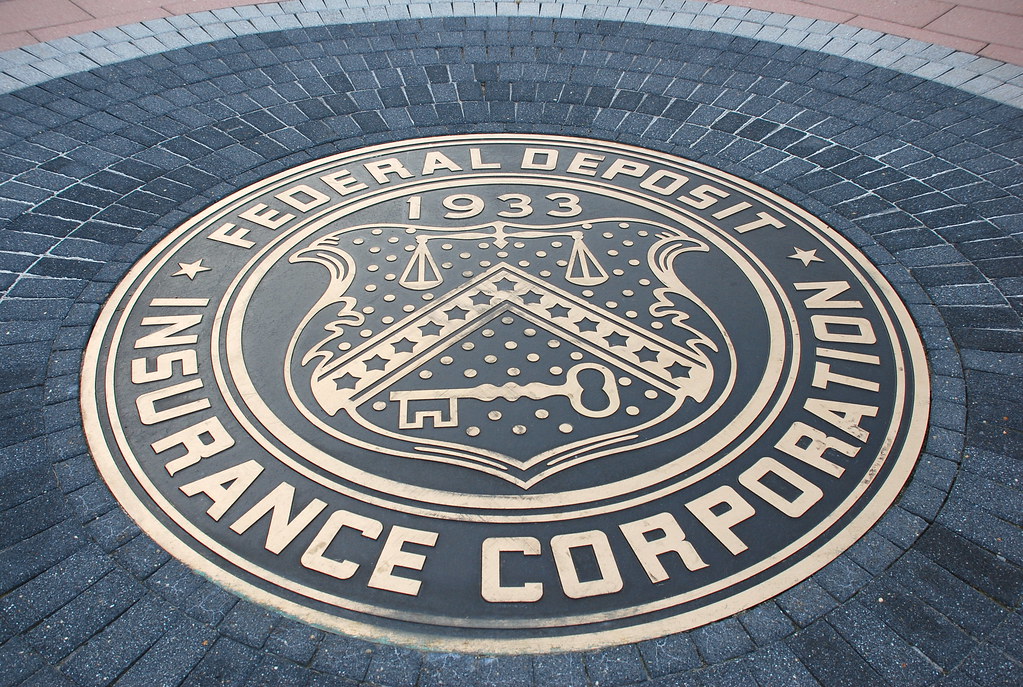In 2023, cryptocurrency usage was more prevalent in “underbanked” households in the United States than those fully integrated into the banking system, according to a report released by the Federal Deposit Insurance Corporation (FDIC) on November 12. This distinction underscores the ongoing disparities in financial access across different demographic groups within the U.S.
The FDIC’s comprehensive survey, which encompassed around 60,000 households, highlighted that 6.2% of underbanked households engaged with cryptocurrencies, in contrast to 4.8% of fully banked households. The term ‘underbanked’ refers to those who, despite having bank accounts, frequently rely on alternative financial services like payday loans and check-cashing facilities. Notably, about 14.2% of U.S. households, approximately 19 million, fell into this category last year.
Demographic Patterns
The study revealed that cryptocurrency use varied significantly across different demographic lines:
- Higher rates of crypto engagement were noted among households with higher education levels, younger members, and those identified as Asian and white.
- Income also played a role, with 7.3% of households earning $75,000 or more engaging in crypto activities, compared to just 1.1% of those earning under $15,000.
Among those who utilized cryptocurrencies, the vast majority treated them as investments rather than a means for online purchases, with only 4.4% using digital assets for buying goods and services.
The disparity extended to unbanked households—those without any conventional banking arrangements such as checking or savings accounts. Only 1.2% of these households used cryptocurrencies, suggesting limited penetration of digital currencies into this group. In contrast, 5% of banked households reported using crypto.
In terms of financial management, the report found that two-thirds of unbanked households relied solely on cash, while the remainder used a mix of prepaid cards and online payment services like PayPal, Venmo, or Cash App.
FDIC Chairman’s Statement
FDIC Chairman Martin Gruenberg emphasized the survey’s implications, stating, “This survey reveals that significant disparities in access to the banking system for minority, lower income, disabled, and single-parent households still exist and need to be addressed.”
This comment came in the wake of Coinbase highlighting over 20 instances where the FDIC advised banks against providing services to crypto-related businesses earlier in the month.
The FDIC’s findings shed light on the evolving landscape of financial services, where traditional banking and emergent crypto markets intersect, revealing both opportunities and challenges. The higher adoption rates of cryptocurrencies among underbanked populations could indicate cryptocurrencies’ potential to enhance financial inclusion. However, the notable disparities in usage across different income and demographic groups highlight the need for broader accessibility and education regarding digital finance technologies.
Cryptocurrency: A Tool for Financial Inclusion?
The nuanced findings of the FDIC’s 2023 survey present a compelling argument for the potential role of cryptocurrencies in fostering financial inclusion. The significant uptake among underbanked households suggests that, despite its volatility and complexities, cryptocurrency offers a valuable alternative for those often marginalized by traditional financial institutions. This segment of the population may view cryptocurrencies not just as an investment but also as a viable tool for daily financial activities, reflecting a shift towards more decentralized forms of banking.
As digital currencies continue to evolve, their role in addressing financial disparities remains a critical area for policymakers and community leaders to explore. Efforts should focus on reducing barriers to entry and increasing education about cryptocurrencies to ensure that all segments of society can benefit from the technological advancements in financial services. The ongoing discourse around regulation and the future of banking must consider these factors to fully harness the potential of digital assets in promoting economic equality and accessibility.











